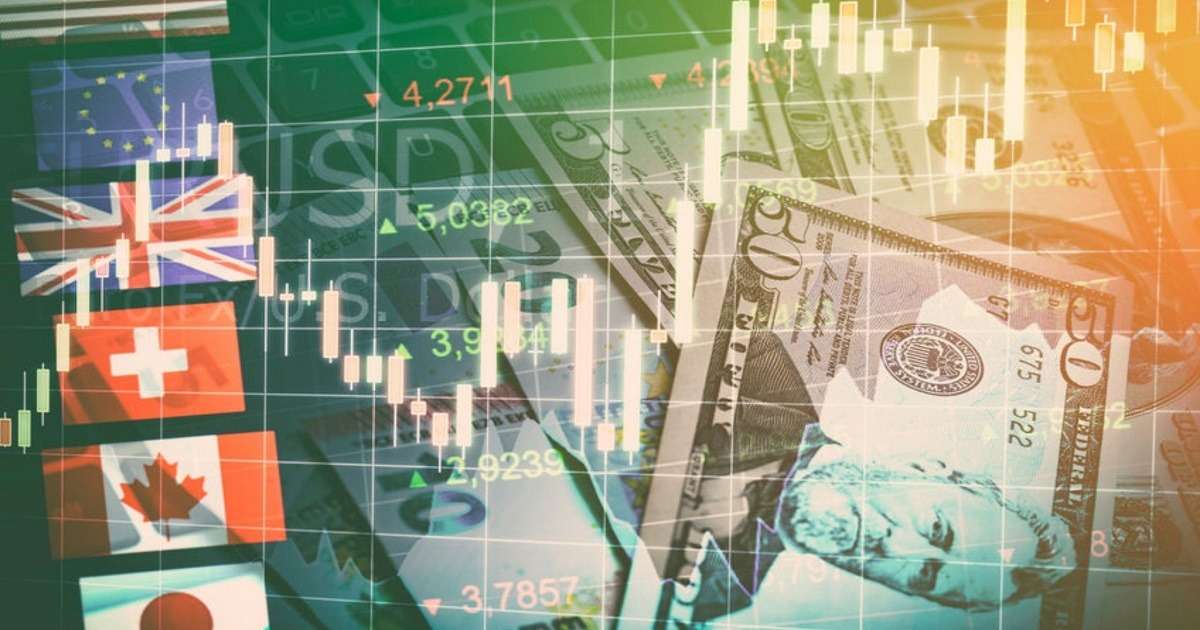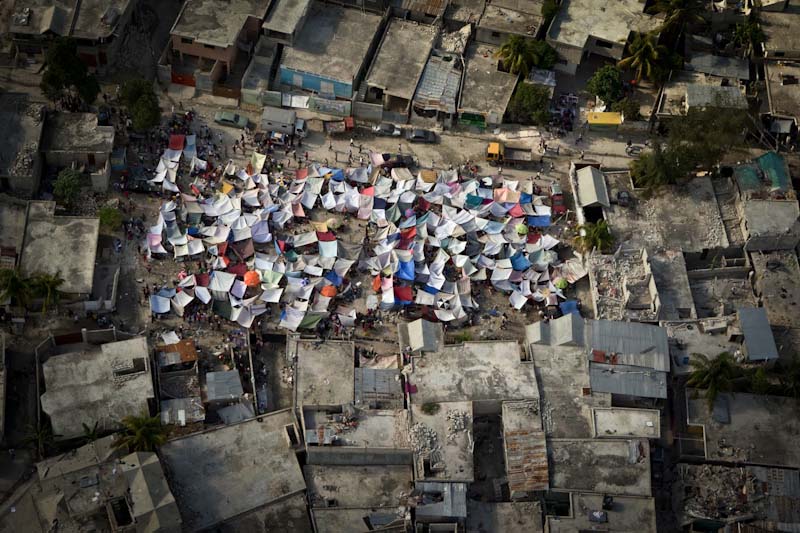Forex reserve is one of the crucial fulcrums on which countries depend and the global economy revolves around. While on an individual level, money determines one’s purchasing power and standard of living, from the economic standpoint, its valuation is elaborated even further via currencies. Foreign currency and its reserve, therefore, hold immense value when it comes to a country’s economic stability and its shielding from unforeseen crises.
In this blog, let’s get to know what Forex reserve is, how it functions, its benefits and the ups and downs it brought to the table for India during the pandemic.
Table of contents
What is a Forex Reserve?
Foreign Exchange reserves, commonly known as Forex reserves, refer to assets like foreign currencies, treasury bills, gold, etc., under the possession of a central bank or a monetary authority that looks after the balance payments and directs the foreign exchange rate of a currency.
It also helps retain stability in the financial world. A Forex reserve is treated as the health metre of a country’s economy as it saves the itch of the financial crisis and constructs solid recognition among other nations for trust and healthy relations.
Foreign currency possesses a prominent role in this reserve next to gold reserves with the International Monetary Fund and SDR. The hard currencies, such as the U.S. dollar, gold, etc., feature the most critical aspects of monetary value, mode of exchange and acceptability in the international market.
This is why forex is used to carry out international transactions. Almost every country has a reserve of foreign exchange that significantly helps with the payment of import bills.
The Purpose Behind the Foreign Exchange Reserve
There is a cluster of different motives pillaring the presence of foreign exchange reserves. Let us take a look at the significant purposes the Forex reserves offer:
- A Backup: One of the foremost objectives served by Forex reserves is its ability to work out as a backup. RBI treats the foreign exchange reserve as backup funds for the unforeseen times when the value of the national currency starts to sink or turns insolvent.
- Dollar Power: Another event giving rise to the purposeful Forex reserves is when the rupee devalues. If the standing of the Indian currency decreases owing to the increased demand for foreign currency, RBI trades the dollar in the Indian market to determine the depreciation of the Indian currency.
- Forex Helps Establish a Reputation: Forex has got a lot to do with shaping the reputation of a country. When a country has a notable amount of forex, it helps create a good impression on the global platform. It is because forex ensures secured transactions amongst trading countries.
- More Trade and a Good Image: When a country has a significant amount of Forex, it welcomes more foreign trade. On top of that, it helps the country prove credibility to their trading partners and thus, help maintain their image and reputation globally.
Forex Reserves in India
Forex reserves in India operate in the face of dollars, gold, as well as the International Monetary Fund’s quota set for Special Drawing Rights. The majority of these reserves are generally weighed in the U.S. dollar. This is because the dominance of this currency runs throughout the international trading and financial world. There are many central banks that hold reserves in British pounds, euros, the Japanese yen or Chinese yuan, apart from U.S. dollar reserves.
In India, the RBI acts as a custodian of the foreign exchange reserves. The Indian foreign exchange reserves recently created a resonating buzz when it attained the $500 billion mark in 2020. Things turned better after this episode, given the country finally had confidence in addressing the external financial whirls.
There were many budding players that helped the country reach this historically-noted value in Forex reserves. The foreign institutional investments (FII) and the higher foreign direct investment were prominent factors contributing to this outcome. Apart from that, the decreased oil prices and its import owing to the pandemic induced lockdowns further contributed to its escalation.
However, the primary role in making it possible for the country to accomplish this spike had to be the FDI. It must be noted that this increase in FDI appeared out of the capital raise achieved by Reliance’s Jio amid the global pandemic, and it definitely favoured the country with the best of both worlds. The slowdown in crude oil prices furthered a remarkable note of help for such an account.
Benefits of Increasing Foreign Exchange Reserves
The increasing foreign exchange reserves represent a country’s healthy economy. Read on the importance and advantages of the hike in Forex reserves below:
- It Ensures Security: The government breathes a sigh of comfort when Forex reserves are rising as it offers the economy growth via trade opportunities.
- Fulfilling Foreign Exchange Demands: The rise in Forex reserves acts as a saviour in times of need. It helps the country’s government accomplish the foreign exchange requirements and address the international debt obligations with more efficacy.
- Rise of the Rupee: The rising foreign exchange reserves help the rupee to strengthen its value further. As it increases, it encourages the rupee to have a more stronghold against the dollar.
- A Potent Cushion During Crisis: A rising Forex reserve helps extensively to cater to the Balance of Payment crisis. On the economic front, this increase proves to be capable enough of covering the country’s import bill for the entire year.
- The Confidence Booster: Forex reserves come with a promise of earning a country the confidence it needs from global platforms and investors. It further augments mutual trust and assurance that the country can fulfil financial and trade obligations.
Foreign Exchange Reserves and the Other Countries
China is recorded to be the largest foreign exchange reserve holder globally, with over $3 trillion of assets in a foreign currency. The major stock of their reserves is retained in the U.S. dollar. One of the primary reasons for this is that it makes international trade easier to execute since most trading uses the U.S. dollar.
While Russia holds most of its foreign exchange reserves in U.S. dollars, it also has some gold reserves. Saudi Arabia is another major country with noteworthy foreign exchange reserves, given its primary income depends on the export of its oil reserves. The country holds large stocks of foreign funds in reserves to ensure a backup in case of any economic emergency.
Latest Updates on Indian Forex Reserves: The Decline of Arsenal
According to the RBI data, the Forex reserves in India made a buzz, recording a decline by $878 million, which led it to $632.736 billion in the week of January 7. The reserves experienced a dip by $1.466 billion to $633.614 billion in the last week of 2021. This attack on the armoury can be attributed to the fall in gold reserves and foreign currency assets (FCA).
Speculations suggest that the growth in Forex reserves may not be able to maintain the pace this year the way it did in 2020 and 2021, during which the dollar was not in a fierce demand as now and when India welcomed incredible monetary inflows. On top of everything else, a debt worth $200 billion is in the wings, with its repayment starting within the following year.
In a Nutshell
Forex reserves justify being ‘money’ on the global financial front of an entire country. After all, it is all about the value it carries across different nations. Economists recommend countries to hold reserves in a currency that has no direct relation to their own currency so that their economy is prepared to meet any unforeseen crisis, should there be any. But, in the end, it all boils down to the stance where implementing this practice is not that easy, given the crisscrossed turn of currency values and transactions across the world over time.





































